Why Skill-Based Education is Gaining Rapid Importance in 2024

Table of content
Introduction
The Shift to Skill-Based Education
The Importance of Apprenticeships
Gaining Real-World Experience
Why Job Market Skills Matter
Life Skills Education: More Than Just Academics
The Power of Skill-Based Learning for Students
Conclusion: Preparing for the Future
Introduction
In today's economy, skill-based education has become more important than ever. With the job market changing so quickly, companies are now looking for people with the specific skills and knowledge needed to succeed. This means students must be prepared with the right abilities to stand out in the workforce.
Skill-based education focuses on teaching practical skills that can be used directly in real jobs. Unlike traditional education, which is more about academic knowledge, this approach focuses on the real-world skills that employers are now looking for. Let us break down why this shift is happening and how it is shaping the future of education.
The Shift to Skill-Based Education
So, why exactly is skill-based education becoming so important? The pandemic has taught us many things, but one of the biggest lessons is how quickly the world can change. People lost jobs, industries shut down, and everyone had to learn new skills fast. The traditional way of learning, where theory is prioritized over real-world experience, suddenly seemed outdated.
Schools, colleges, and even pre-schools are shifting focus to skill-based learning for students. Instead of just feeding students information, schools focus on giving them the tools they need to develop employment skills to help them navigate the uncertain future. Life skills education is becoming more than just a buzzword – it is necessary.
You know what they say – "You cannot learn to swim by just reading about it!" Moreover, that is exactly what skill-based education is all about.
The Importance of Apprenticeships
Apprenticeships – they may sound old-fashioned, but guess what? They are making a comeback! Back in the Middle Ages, apprenticeships were the go-to way of learning a trade, and in 2024, they are regaining that same importance. Why? Because nothing beats learning by doing.
Apprenticeships provide a hands-on approach to learning that classrooms often miss. While in the real world, under the guidance of experienced professionals, you are not just learning the theory behind a job. You are picking up career training that's directly applicable to the workplace. It is like learning to cook by making the meal instead of just reading a recipe!
Even pre-school skill development is getting an upgrade. While children may not be learning how to fix cars (yet!), they pick up crucial skills through play and problem-solving activities, which set the foundation for skill development later in life.
If you want your child to get a head start on these essential skills, focusing on their communication and social abilities early on is important.
Look at how NewAge World School focuses on improving communication and building social skills at a young age. These skills are vital in the ever-evolving job market.
Gaining Real-World Experience
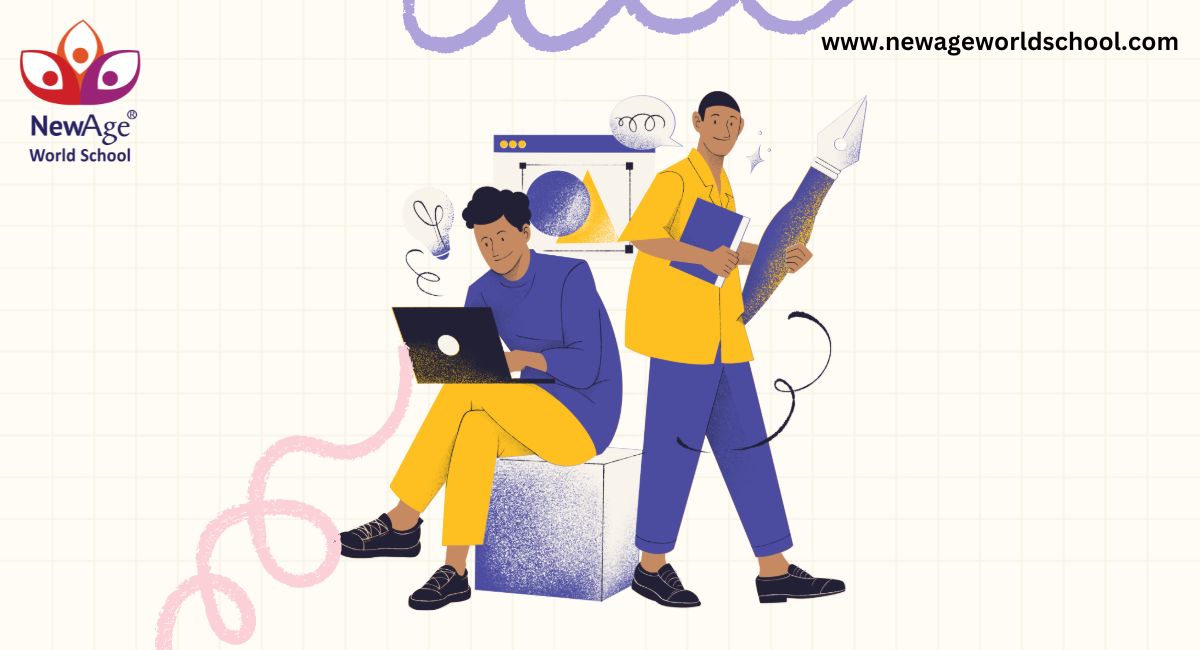
Imagine this scenario: You are sitting in a classroom, staring at a PowerPoint presentation about marketing strategies. You can probably nod along and take some notes, but unless you have tried to create a real marketing plan yourself, how much of that knowledge will stick? Not much. This is why real-world experience is key.
When students get hands-on opportunities through skill-based learning, they can understand how to apply the knowledge they have gained in the classroom to actual situations. This does not just help in understanding concepts better; it also makes learning way more interesting!
At NewAge World School, students are encouraged to participate in real-life projects and activities promoting skill development. Whether through debates, group projects, or creative arts, these experiences help students prepare for the real world. They will be ready to adapt, solve problems, and even tackle unexpected challenges in the workplace.
Why Job Market Skills Matter
In 2024, employers are not just looking for degrees anymore. They want to hire candidates who can hit the ground running. They need people with the job market skills to perform well from day one. So, what kind of skills are we talking about? Well, things like communication, teamwork, time management, and creative problem-solving top the list.
Many traditional schools focus on academic success, but more is needed in the modern workplace. That is why skill-based education emphasizes the employment skills employers seek.
For example, imagine two candidates applying for the same job. One has a perfect GPA, while the other has hands-on experience and has completed an apprenticeship. The second candidate knows the real-world challenges of the job and how to handle them. Who do you think the employer will hire? That is right, the one with the experience!
This is where skills-based hiring comes in. Employers now place a higher value on real experience and practical knowledge rather than just academic achievements. This shift means that students must focus on career training that helps them stand out.
Life Skills Education: More Than Just Academics
While academic knowledge is important, life is not just about what you learn in textbooks. All essential life skills are knowing how to communicate effectively, solve conflicts, manage time, and work in a team. Moreover, these skills cannot always be learned from a book.
Life skills education is gaining importance because it teaches students how to navigate challenges in and out of the workplace. Whether managing stress, staying organized, or leading a team, these skills are crucial for success today. Moreover, let us be honest: we could all use a little help staying organized. (If you have ever misplaced your phone while holding it in your hand, you know what I am talking about!)
Schools like NewAge World School are implementing these skills into their curriculum, teaching students how to balance academics with real-world applications. This prepares them for not only their careers but also for everyday life.
The Power of Skill-Based Learning for Students Developing practical and employment skills is more important for today's students than ever. Schools like NewAge World School have embraced this shift by focusing on building skills-based learning for students that extends beyond the classroom.
By combining traditional subjects with activities that promote critical thinking, teamwork, and problem-solving, schools are helping students prepare for the future. Pre-school skill development is particularly important because it lays the foundation for lifelong learning. Children who learn problem-solving skills early on are better prepared to tackle academic and career challenges later.
This means that students are not just memorizing facts but learning to think creatively and approach problems innovatively. Moreover, let us face it: Who would not want to be known as the person who can solve any issue that comes their way?
Conclusion: Preparing for the Future
As we look ahead to the future, skill-based education is set to play an even bigger role in shaping how we learn and grow. With the demands of the job market constantly evolving, the focus on practical skills and real-world experience will continue to rise.
Schools like NewAge World School are leading the way by adopting these teaching methods and preparing students for the challenges of tomorrow. From career training to building life skills education, the approach is clear – focus on what matters.
I hope you will like this article, if you have any suggestion, you may share your views in the comment box below.

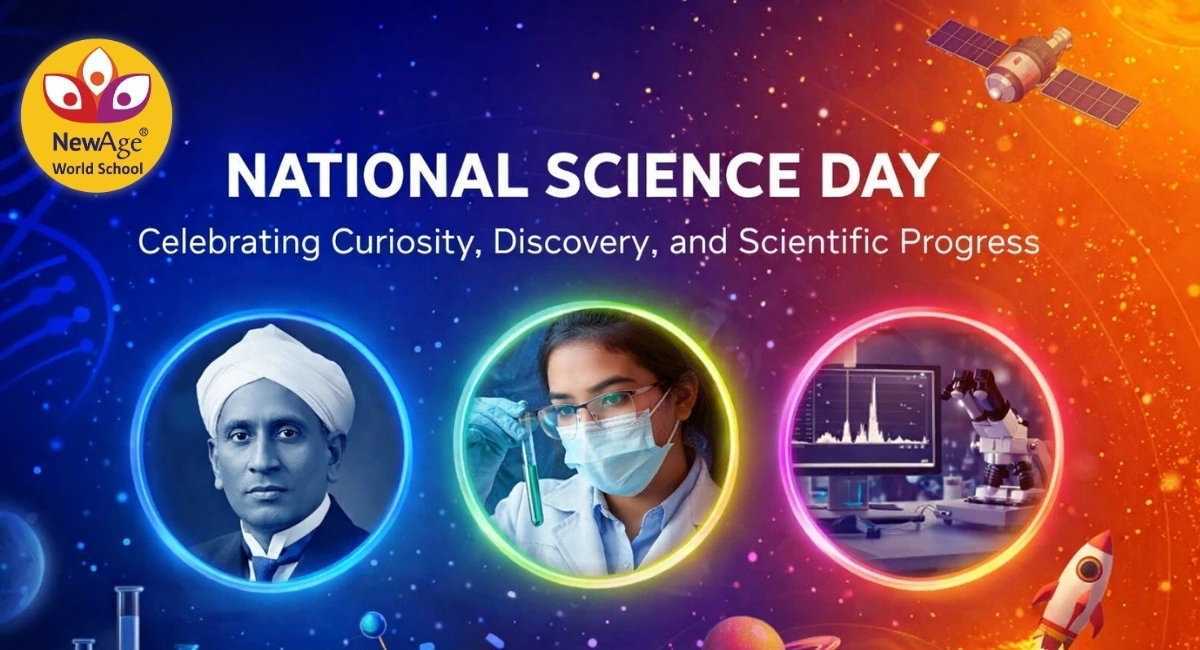
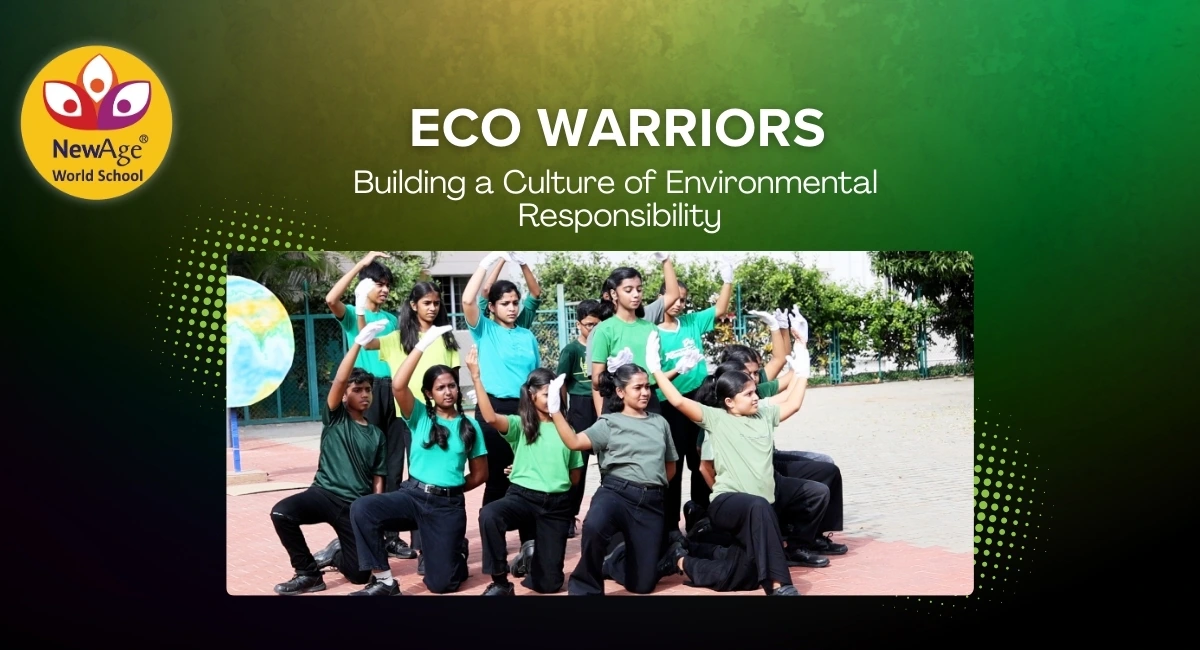
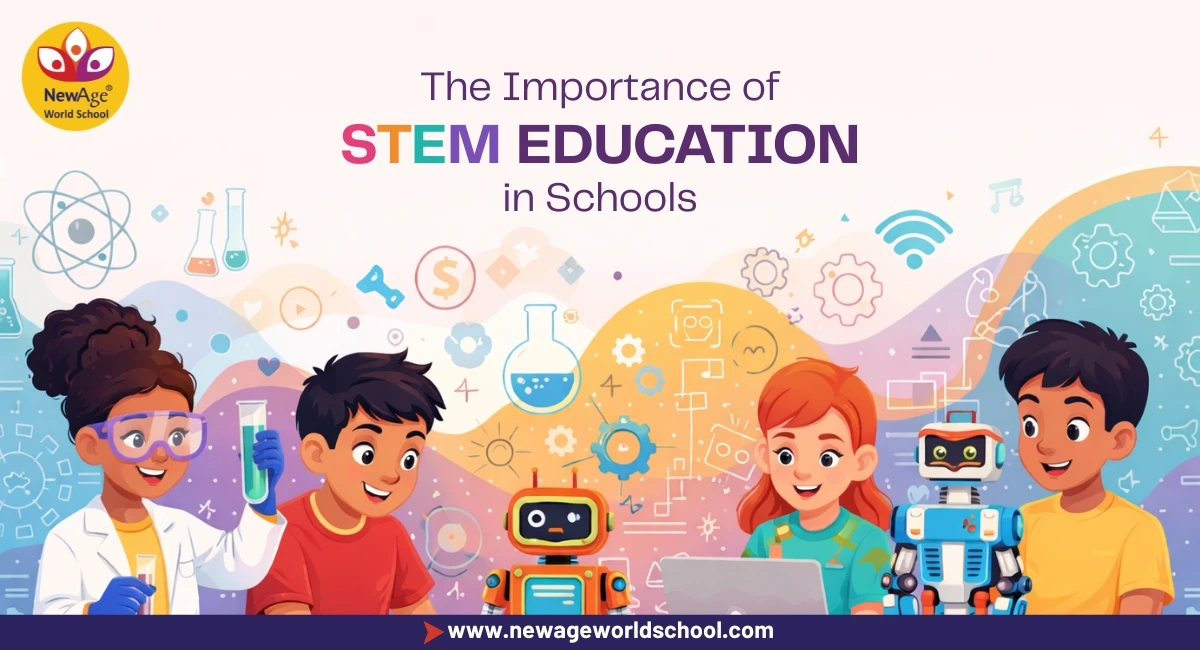






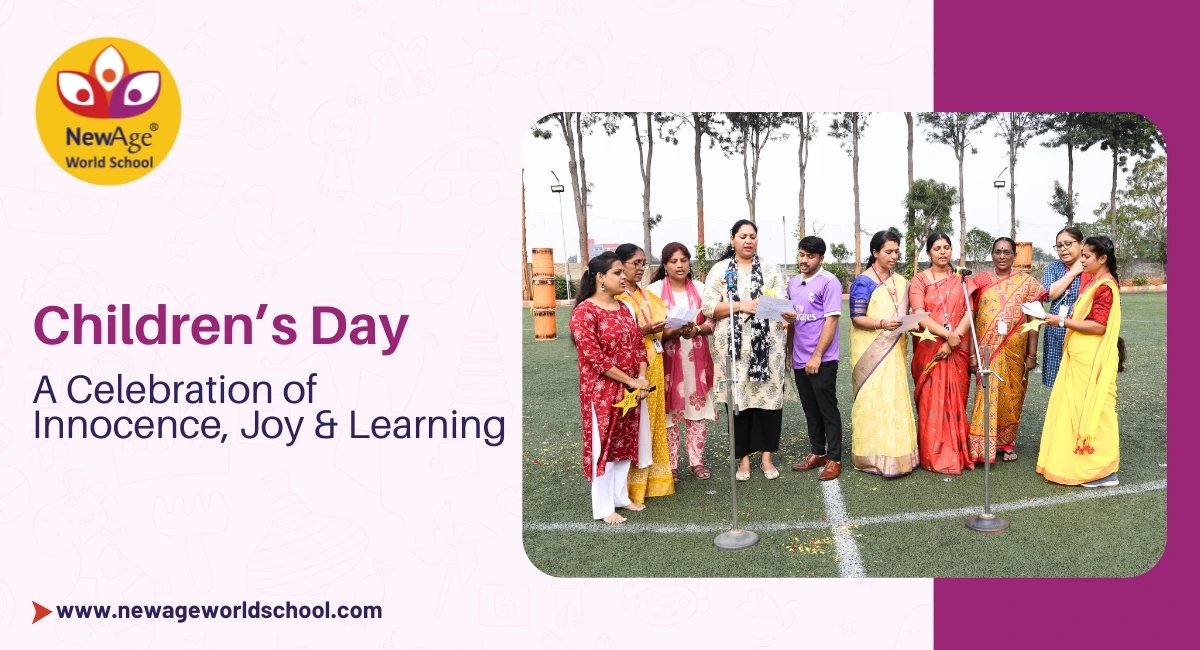
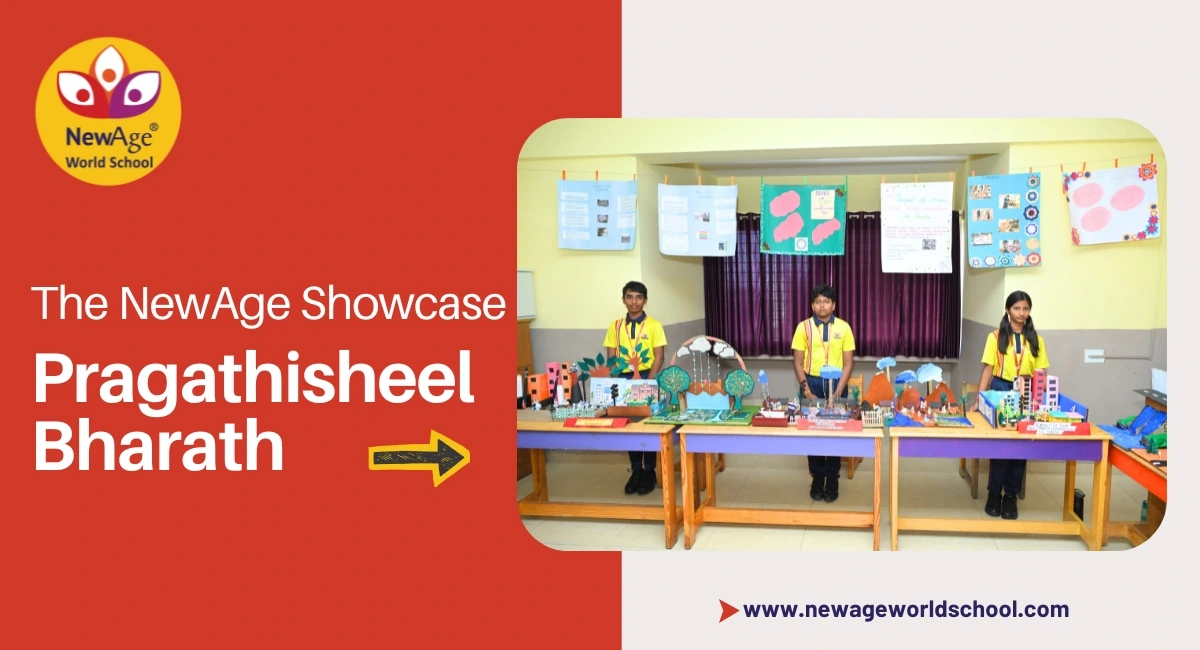
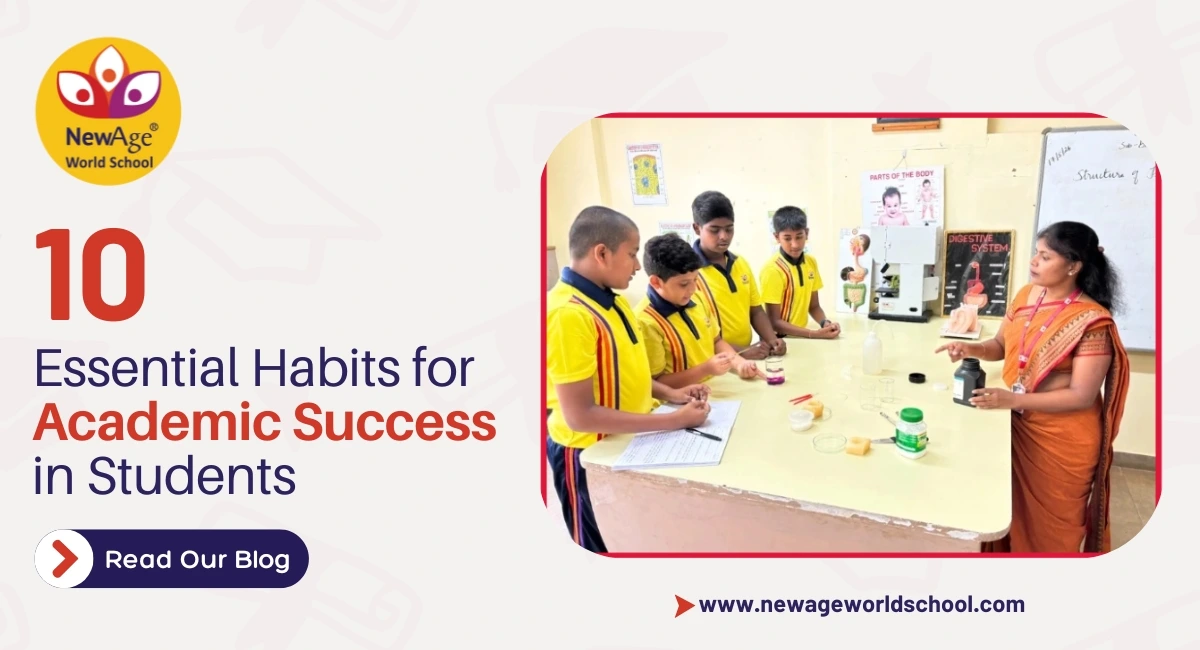

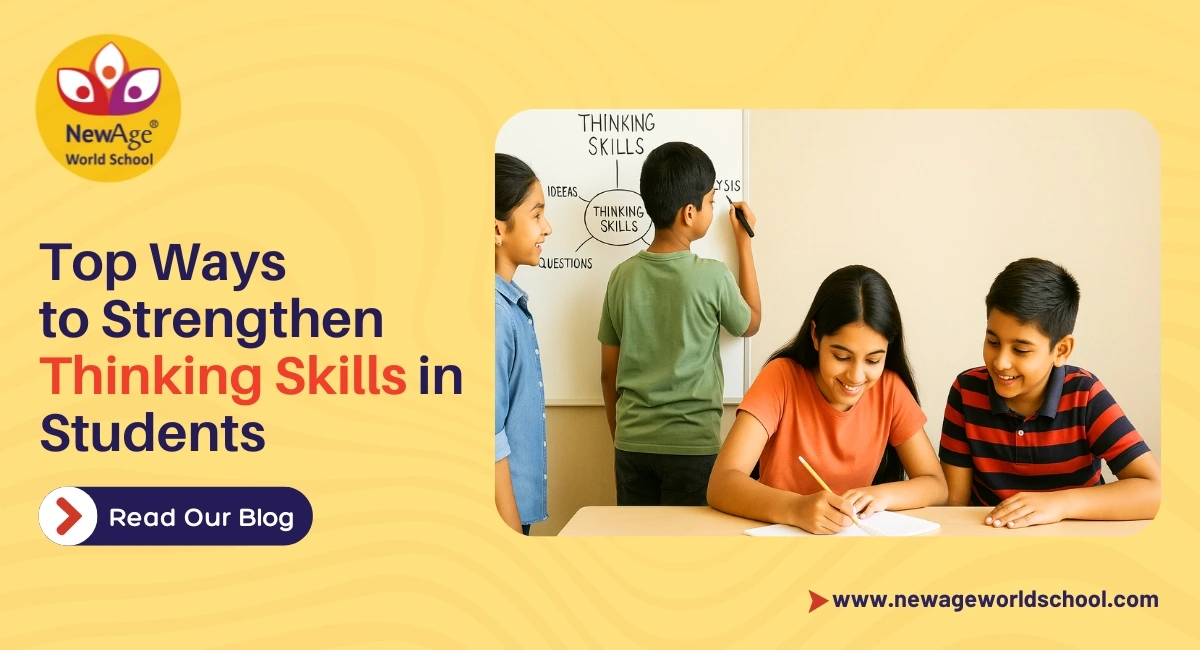
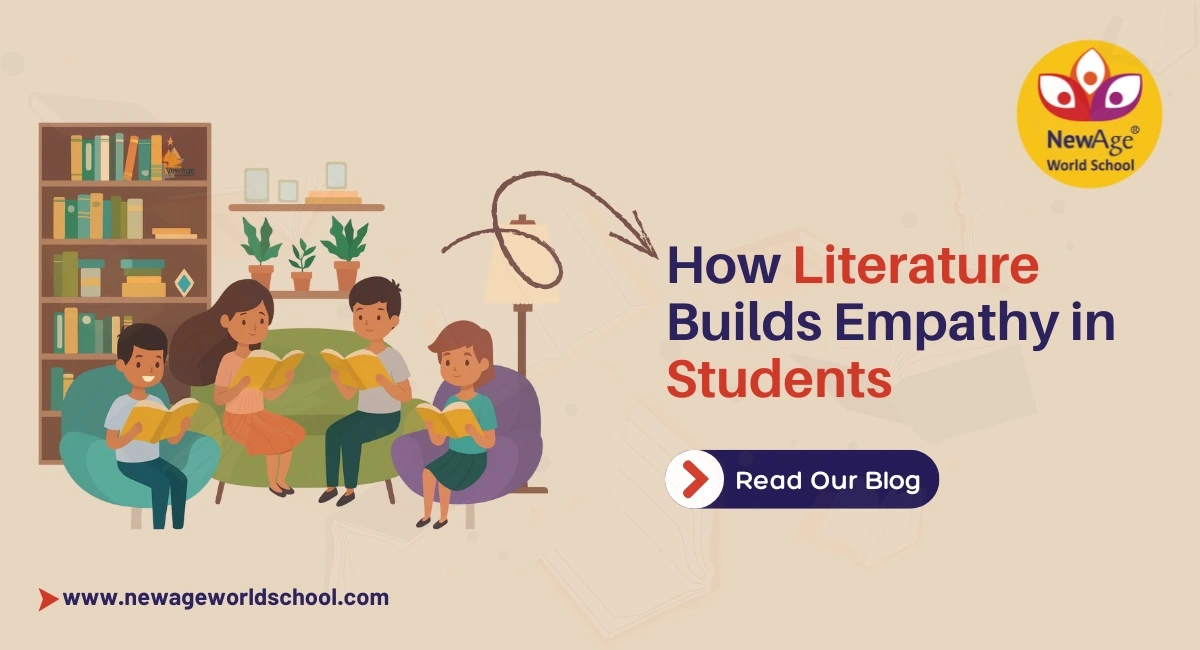

Leave a Reply
Your email address will not be published. Required fields are marked *
Comments
No comments available